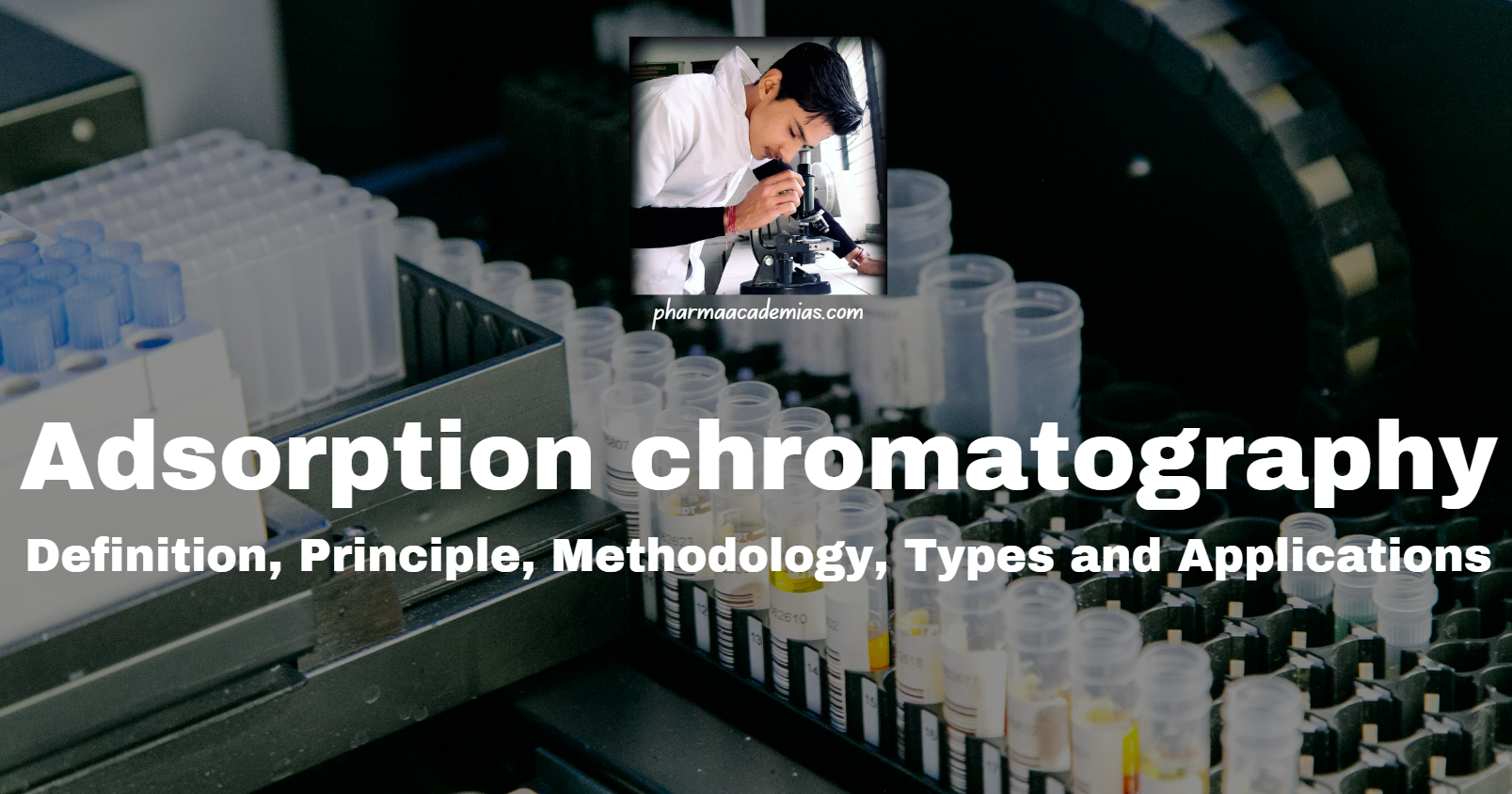Electrophoresis: Introduction, methodology, development techniques, advantages, disadvantages and applications
Introduction: Electrophoresis is a powerful analytical technique used to separate charged molecules, such as proteins, DNA, and RNA, based on their size, shape, and charge under the influence of an electric field. When an electric current is applied to a solution containing charged particles, these molecules move toward the electrode with the opposite charge. It … Read more





